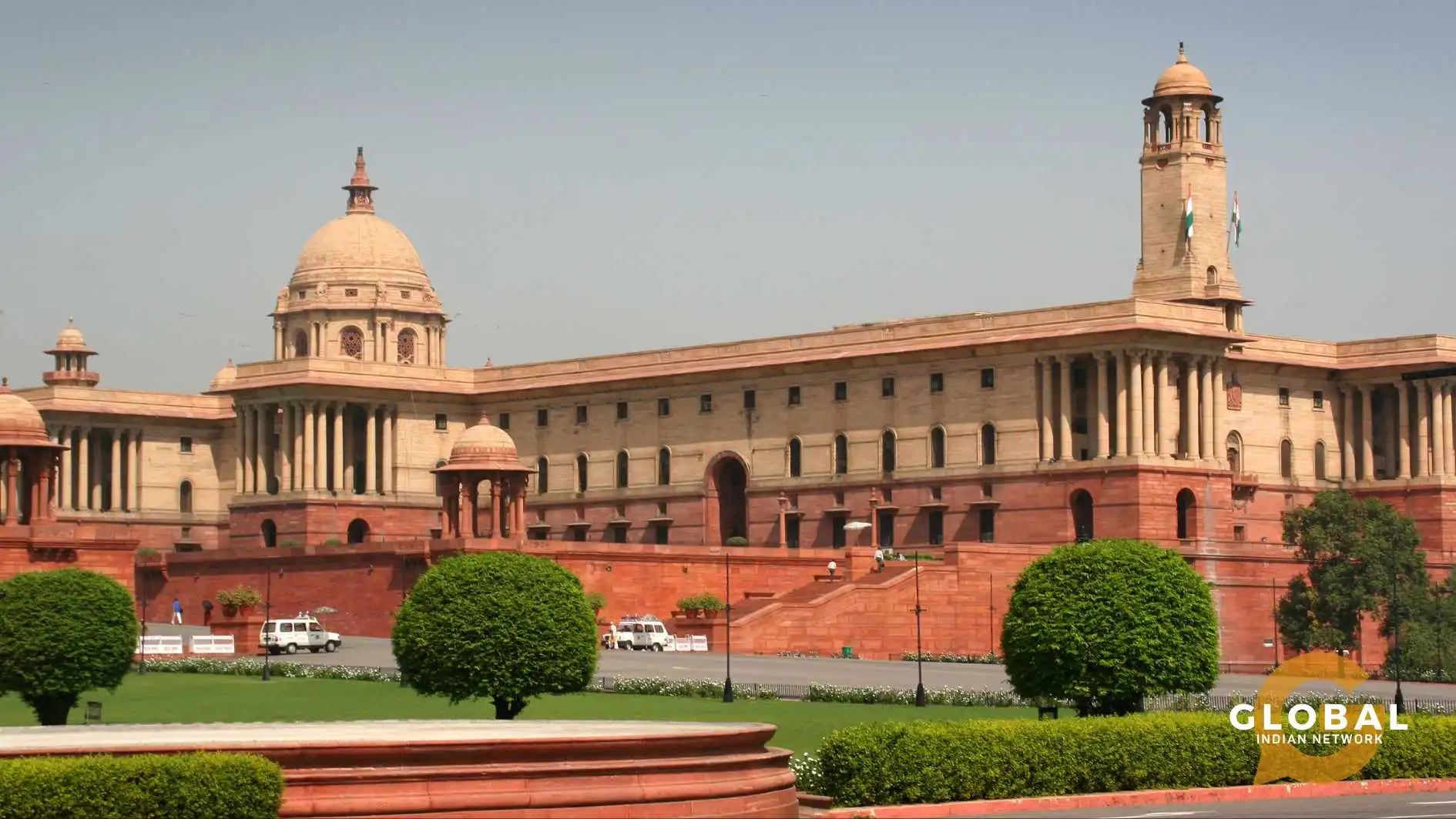In democratic systems, political stability is indispensable for good governance. However, frequent switching of political allegiances by elected representatives—commonly known as defection—can undermine stability. To address this issue, India introduced the Anti-Defection Law in the 52nd Constitutional Amendment Act, 1985, through the Tenth Schedule of the Constitution.
But what is anti-defection law? This law aims to curb political opportunism and ensure government stability by preventing elected MLAs and MPs from changing parties. But it raises another question: does it strengthen the institution of democracy, or does it limit legislators’ freedom as it restricts a legislator from voting with his conscience, harming the essence of democracy?
Table of Contents
What is Anti-Defection Law? Origin and Evolution
Defection- conscious abandonment of allegiance or duty, or in political terms, where lawmakers switch parties after being elected- has been a persistent issue in Indian politics. Before the law was enacted, frequent defections led to political instability and toppled governments. In 1967, when Haryana MLA Gaya Lal changed his party thrice within the same day, the phrase “Aaya Ram Gaya Ram” was popularised in Indian politics. Such political defections jeopardized the stability of the administration.
Therefore, this law was seen as a necessary step to make members of the Parliament more responsible and loyal to the original parties they were first aligned with at the time of their election. The goal was to prevent the legislators from changing their political affiliations during their tenure in office.
The Tenth Schedule was added to the Indian Constitution through the 52nd Constitutional Amendment Act, 1985. The anti-defection law aimed to prevent elected members from switching parties for personal gains and applies to both Parliament and State Assemblies. It was later strengthened by the 91st Constitutional Amendment Act, 2003, which introduced stricter provisions on party defections.

Key Provisions of the Anti-Defection Law
What is anti-defection law and its key provisions? The anti-defection law primarily outlines situations in which a Member of Parliament (MP), or Member of Legislative Assembly (MLA) can be disqualified for defection, motivated by the lure of office, material advantages, or other considerations. The key provisions include:
- Grounds for disqualification – A legislator can be disqualified if they voluntarily give up their political post as a member of their party, vote against the party line in the legislature without prior permission, or abstain from voting in crucial matters, defying party directives.
- Independent and nominated members – If an independent authority or candidate joins a political party after the election, they will be disqualified. A nominated member can join a party within six months of their nomination but will be disqualified if they switch parties afterwards.
- Exemption from disqualification – There are a couple of scenarios where defections are not penalized. If two-thirds of the legislators of a political party merge with another party, it is not considered defection. The Speaker or Chairman of the House has the final authority in deciding anti-defection cases.
Impact of the Anti-Defection Law on Political Stability
Now that we have understood what is anti-defection law and its provisions, here are the impacts it has on India’s political stability:
- Strengthening government stability – The law prevents opportunistic defections, ensuring that elected representatives remain loyal to their parties. This helps governments function smoothly without the threat of losing their majority due to defections.
- Curbing political corruption – Before the law, legislators would switch parties in exchange for money or ministerial posts. By restricting defections, the law reduces instances of “horse-trading” and unethical political bargaining
- Party discipline and cohesion – Political parties can enforce discipline among their members, preventing internal chaos and political turmoil and ensuring unity in decision-making. This strengthens the party system and prevents legislative deadlocks.
Challenges and Criticism of the Law and Some Possible Reforms
While the law has impacted political stability positively by laying down the grounds for defection, it has also sparked several controversies and challenges. The law forces legislators to strictly follow the party leadership, limiting their ability to vote (through the issue of party whip) based on personal beliefs or public interest. This undermines parliamentary debates and reduces the role of individual lawmakers in policymaking. Preventing parliamentarians from changing parties reduces the government’s accountability to the Parliament and the people.
The decisions of the Speaker (in Lok Sabha) or Chairman (in Rajya Sabha) can be influenced by political biases. This creates conflicts of interest and weakens the credibility of the law. Additionally, while the law prevents individual defections, it allows large-scale shifts if two-thirds of a party’s legislators switch sides. Political parties often exploit this “merger loophole” to bypass anti-defection rules, leading to instability.
Many cases of disqualification of MPs remain undecided for months or even years due to delays in decision-making, leading to political uncertainty. Courts, sometimes the Supreme Court, often intervene in high-profile defection cases, further delaying resolutions. Therefore, to make the anti-defection law more effective, the following reforms can be considered:
- Instead of the Speaker or Chairman, an independent Election Commission or judicial body should handle disqualification cases to prevent bias.
- A fixed time limit, e.g., three months, should be set for declaring the verdict on defection cases to prevent unnecessary delays.
- The merger clause loophole, allowing large-scale defections, should be reconsidered to prevent mass party switching that undermines the stability of governments.
- The law should be relaxed for certain votes, like policy matters, to allow greater legislative freedom while still enforcing party discipline in confidence motions and money bills.
Conclusion
This article has explored what is anti-defection law and explained its crucial role in maintaining stable governments in India by preventing defections and ensuring party discipline. However, its rigid structure, misuse by presiding officers, and loopholes have also raised concerns about its effectiveness.
Reforms are needed to balance party loyalty and legislative independence, which is essential for a stronger democracy. A well-implemented anti-defection law can enhance governance, strengthen party allegiance, curb corruption, and ensure a stable and transparent political system. As Indian politics evolves, strengthening the Anti-Defection Law will be key to ensuring both stability and democratic freedom.

FAQs
What is the anti-defection law in India?
The Anti-Defection Law in India, introduced through the Tenth Schedule of the Fifty-second Amendment to the Constitution in 1985, lays down the process of disqualification of defectors if they switch parties, vote against their party’s directive, or abstain from voting in key matters without permission, and aims to prevent political instability and unethical defections.
What is the meaning of defection in law?
In law, defection refers to the act of an elected representative abandoning their legislature party to join another, often for personal or political gain. It is considered a breach of trust and can lead to disqualification under anti-defection laws.
What is the 91st Amendment anti-defection?
The Ninety-first Amendment Act, 2003 strengthened the Anti-Defection Law by limiting the size of the Council of Ministers to 15% of the total members of the legislature and removing the exemption for splits in political parties, ensuring stricter party discipline.









